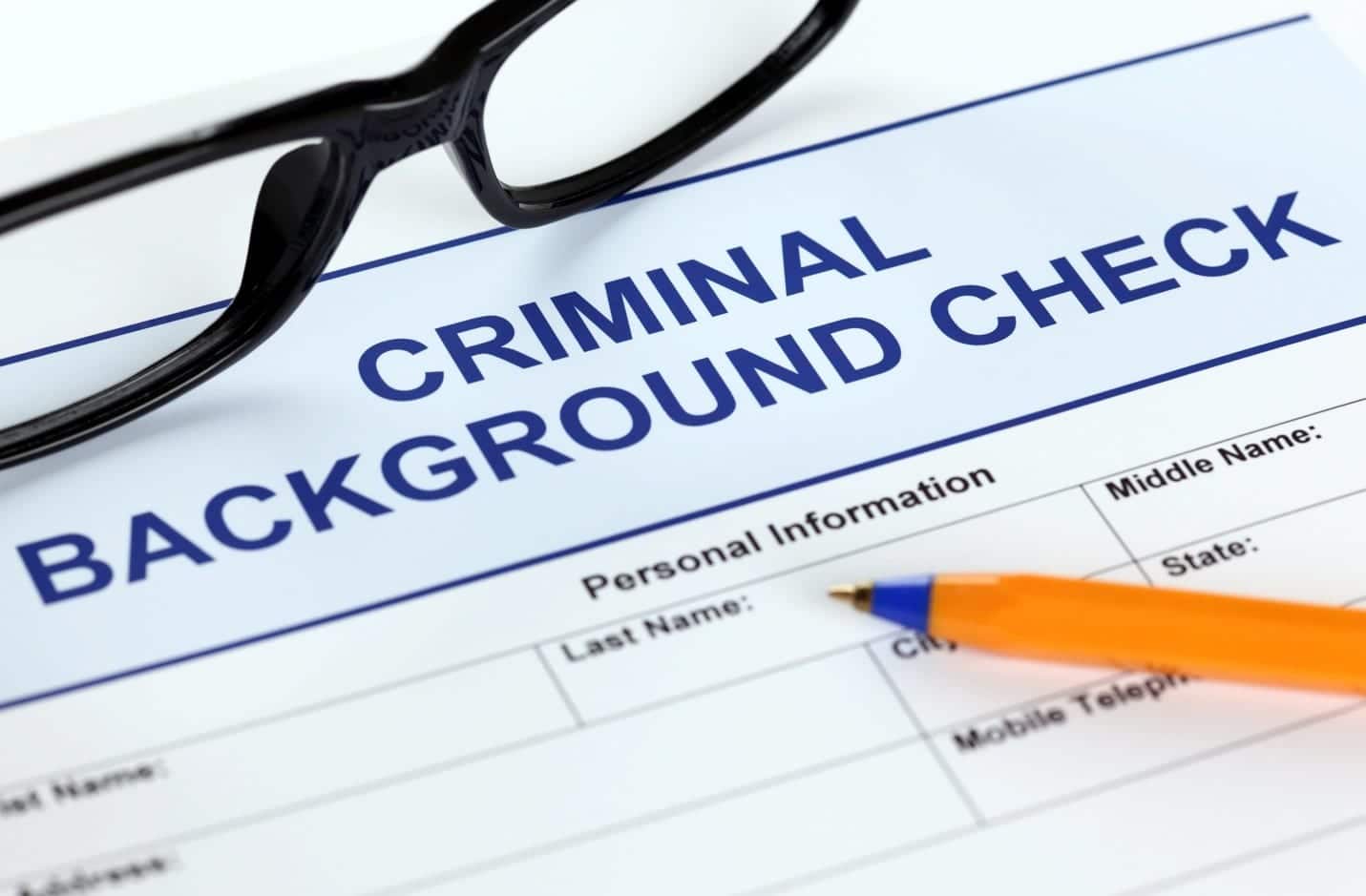Everyone makes mistakes, but sometimes those mistakes are serious enough to be called crimes. And if you’ve been charged with a crime in Minnesota, that means you also have a criminal record.
Unfortunately, criminal records are hard to escape. You have to disclose that you’ve been convicted of a crime on all types of important documents, and anyone who does a background check on you can easily see your record. It can make getting a job, finding an apartment, making it into college, and even securing a needed loan very difficult. To make matters worse, Minnesota is one of the states that allows employers to choose not to hire anyone with a criminal record.
So if you have a criminal record, how are you supposed to move on with your life and plan for the future?
Thankfully, a new Minnesota law went into effect on January 1, 2015 that makes it easier for people convicted of low-level felonies, misdemeanors, gross misdemeanors, and juvenile delinquency to seal their records – or have their records expunged – meaning they won’t show up during background checks. Although it’s not a guarantee that your record will be sealed, you now at least have the opportunity to expunge your record anywhere from two to five years after you’ve completed your sentence.
What Records Can Be Expunged
Depending on the crime you were convicted of, you may be eligible for full expungement – sealing all public records – or expungement of court records only. Minnesota law states that you may be able to have your criminal record (including all government-held records) sealed if you were:
- Convicted of drug possession as a first time offender and your case was handled under particular laws
- Convicted of a juvenile offense that was prosecuted in an adult criminal court
- Found not guilty or your case was dismissed
- Convicted of other crimes such as contempt, tampering with a fire alarm, bribery of an official, certain theft and fraud offenses, and many other offenses detailed in the 02 statute
If you were convicted of a petty misdemeanor, misdemeanor, or gross misdemeanor, you may be eligible for full expungement depending on the nature of the crime you were convicted of, how much time has gone by since you completed your sentence, and your criminal history.
If your crime qualifies for expungement, there are a few other requirements you can meet in order to have a better chance of sealing your record:
- Complete the terms of a diversion program or stay of adjudication, and avoid being charged with a new crime for at least one year at the end of completing your program or adjudication.
- Be convicted of a misdemeanor or petty misdemeanor, or receive a stayed sentence, and avoid conviction for another crime for at least two years after the end of your sentence.
- Be convicted of a gross misdemeanor or receive a stayed sentence, and avoid conviction for another crime for at least four years after the end of your sentence.
- Be convicted of a qualifying felony or receive a stayed sentence, and avoid conviction for another crime for at least five years after the end of your sentence.
If your case involved domestic violence, sexual assault, violating a protective order, stalking, or criminal harassment, then you may not receive a full expungement.
If your case doesn’t fit into the above criteria for full expungement, then the court may only be able to expunge the court records. Public records, however, may still show up on background checks.
In cases where the defendant had to register as a sex offender, expungement is never allowed even if the offender doesn’t have to register anymore.
Factors That Influence Expungement
Even if your conviction is eligible for expungement, there is no guarantee that your request will be granted. You have to be able to convince the judge that sealing your records will be more of an advantage to you than a disadvantage to the public for not being able to access your criminal record.
The court will look at:
- The type and severity of the crime committed
- Whether you pose a risk
- The time that has passed since the crime occurred
- Your steps toward rehabilitation
- General factors of the crime, including your participation and the circumstances
- The purpose of the expungement
- Your criminal history
- Your employment and community ties
- Recommendations from law enforcement, prosecutors, and victims
- Restitution
- Any other relevant factors that will help the court decide
Expunging your criminal record takes time and requires attention to detail in order to properly fill out the necessary forms. That’s why you should contact a qualified Minnesota criminal defense attorney who can help you through the process of getting your record sealed.
About the Author:
Christopher Keyser is a Minneapolis-based criminal and DWI defense attorney known for fighting aggressively for his clients and utilizing innovative tactics to get the most positive results. He has been featured in numerous media outlets due to the breadth and depth of his knowledge, and recognized as a Minnesota Super Lawyers Rising Star (2014–2015), a Top 100 Trial Lawyer (2013–2015), and a Top 40 Under 40 Attorney (2013–2015).








